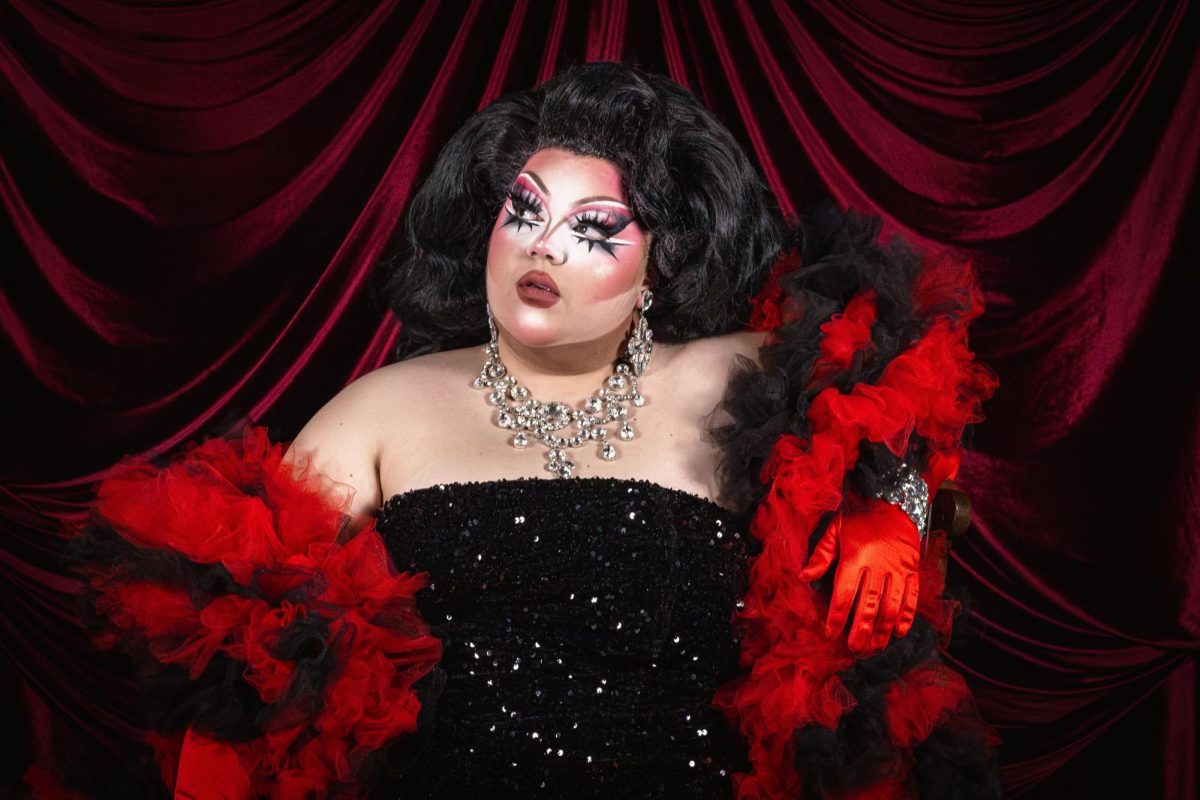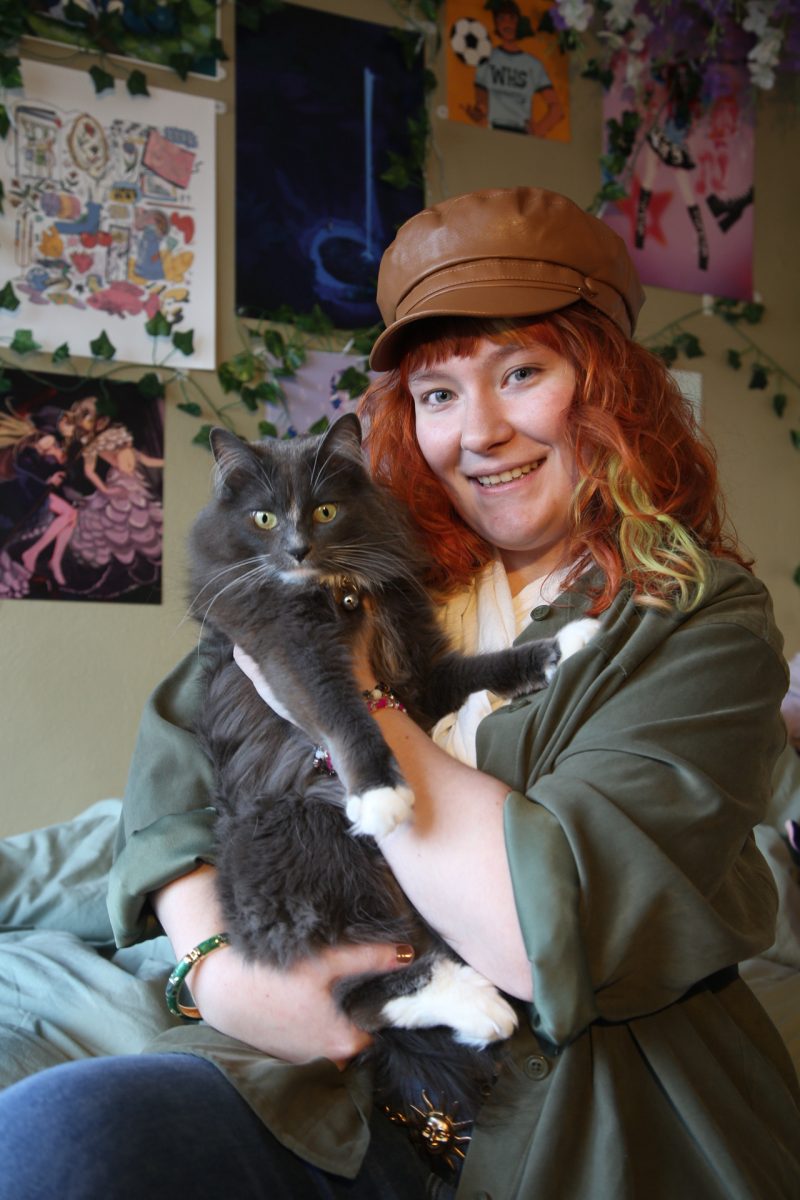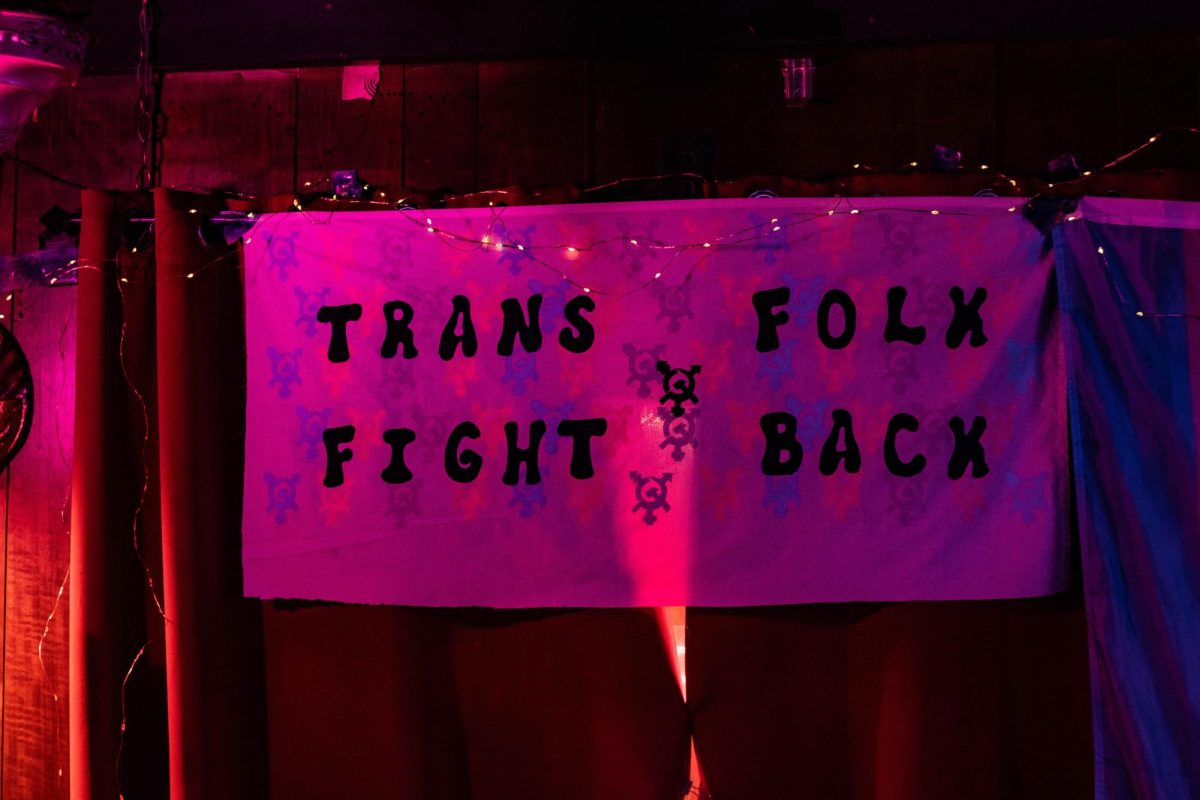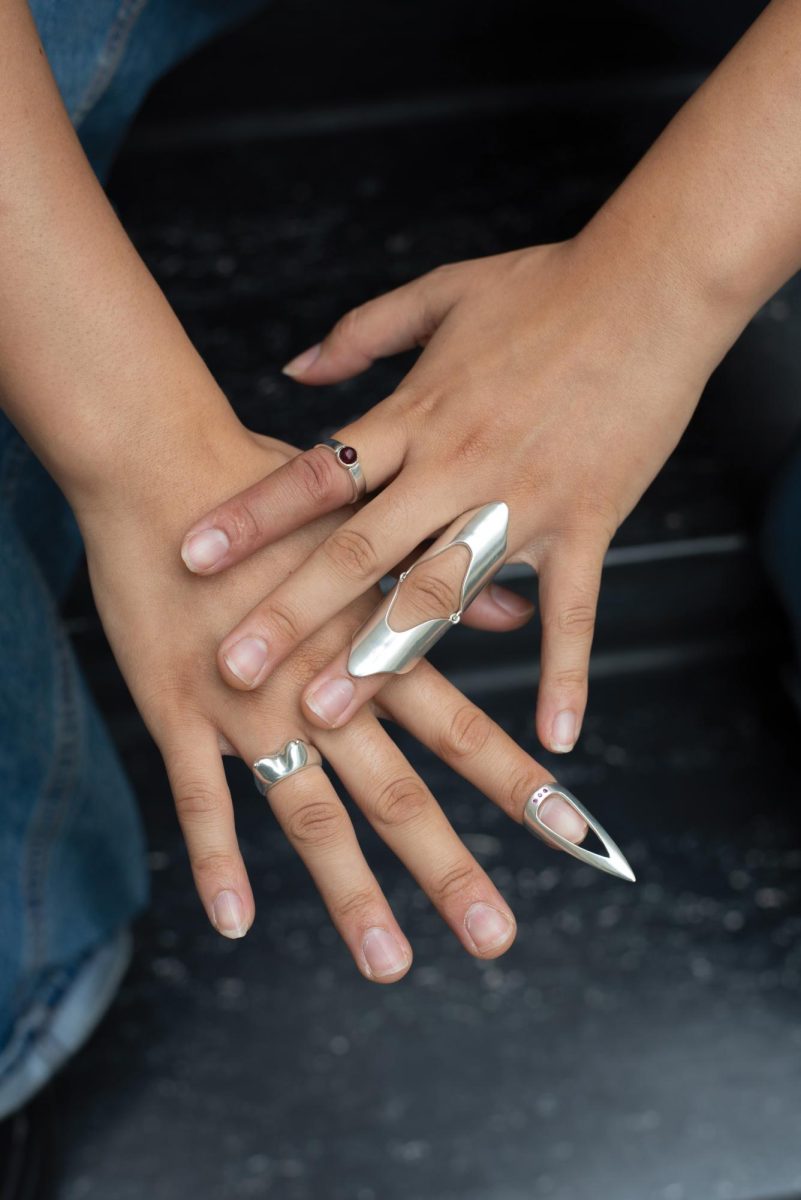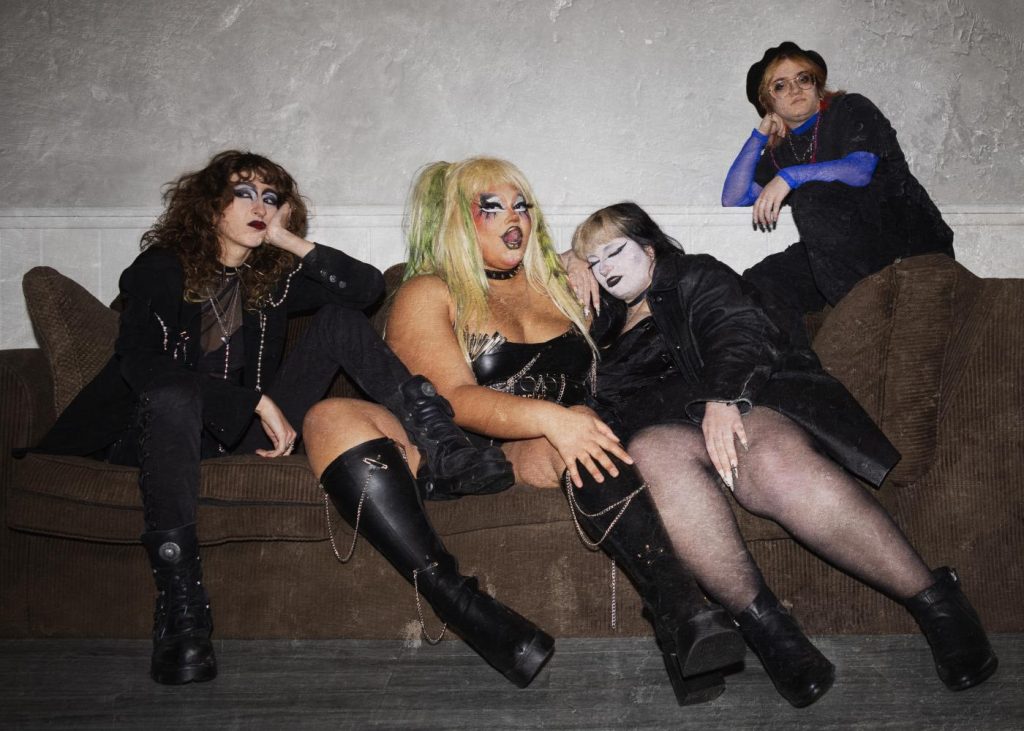A father, ally and advocate shares his steps on how a family grows past “I’m Gay.”

By Brittany Moseley
Retired Temple Israel Rabbi David Horowitz remembers his coming out story. He was at a meeting for the organization Parents, Families and Friends of Lesbians and Gays. It was the first safe place he was able to say, “My name is David, and I have a gay daughter.” Coming out is a life-altering experience for every gay person; some people forget it’s just as life-altering for the families. When his daughter, Wendy, came out in 1990, Horowitz reacted as many parents do — with shock, sadness and confusion. But after finding support from his family, friends, his congregation and PFLAG, Horowitz accepted his daughter’s sexuality. Horowitz is the vice president of the national chapter of PFLAG and a member of Akron’s PFLAG chapter. He offers some tips to family members dealing with a loved one who has recently come out.
Educate yourself.
There are hundreds of resources about LGBT issues and culture, whether you go through PFLAG or other organizations like the LGBT Community Center in Cleveland or the National Gay and Lesbian Task Force. Talk to people who’ve been through this before. The best resource you have, though, is your gay family member. If your relative trusts you enough to tell you he or she is gay, you should be able to listen to what he or she has to say. Don’t be afraid to ask questions.
Find support.
It’s always easier to go through difficult times if you have your family and friends beside you. Once you’re able to admit to yourself you have a gay family member, start by telling someone else, whether it’s a relative or a friend. You don’t have to come out to your entire work place or class, but having one more person on your side helps tremendously. The more you talk about it, the easier it gets. Don’t forget, your gay family member is your biggest supporter.
When comfortable, begin the process of coming out to others.
Before he told his congregation, Horowitz didn’t know if anyone at his temple was gay. Afterward, though, he learned there were
250 gay people or people with gay relatives in his congregation. “Once you get to that point of being able to share it, it is amazing how many people are going to turn to you and say, ‘Well, you know, I’ve got a gay sibling.’” Don’t assume people will react badly, especially older people. When Wendy’s grandmother learned her granddaughter was gay, she looked at Horowitz and said, “It’s still Wendy.” Give people some credit. They may surprise you.
Never stop loving them.
It’s the simplest step to write, but the most difficult to do. Your relative will inevitably change when he or she comes out, but your love should not. “I would hope the one thing they would never lose is love,” Horowitz says. “Some (family members) may never be comfortable with the reality, but hopefully they will be able to love their niece, nephew, child, whatever.”
When appropriate, embrace your family member’s partner.
You’ve just now gotten used to the fact that your family member is gay, and now he or she wants to bring his or her partner home for the holidays. Things just got trickier. The most important thing is not to freak out. This was to be expected, after all. Horowitz says it’s important for gay people to make an effort to understand what their families are going through and not to make any rash decisions. “I think the gay person who says, ‘I’m not going to go there if I’m not welcome with my partner right away’ may be making a mistake,” Horowitz says. Take it slow. Introduce your partner to your parents first at a casual dinner. Then move to include more of your family. After that, it’s easy to invite them to weddings and holiday dinners. “Only then will you have fully completed the love relationship: ‘I love you and those you love,’” Horowitz says.
Don’t blame yourself.
It’s one of the most important steps: “You’ve got to learn that there is nothing you did that caused LGBT people to become LGBT people,” he says.
Remember: It takes time. It took them time to come out to themselves. It took them time to come out to others. It will take family members time to accept it. As long as you have love and trust, it will be OK.
Brittany Moseley is a senior magazine journalism major.
(This article originally appeared in the Winter 2009-10 print edition.)



